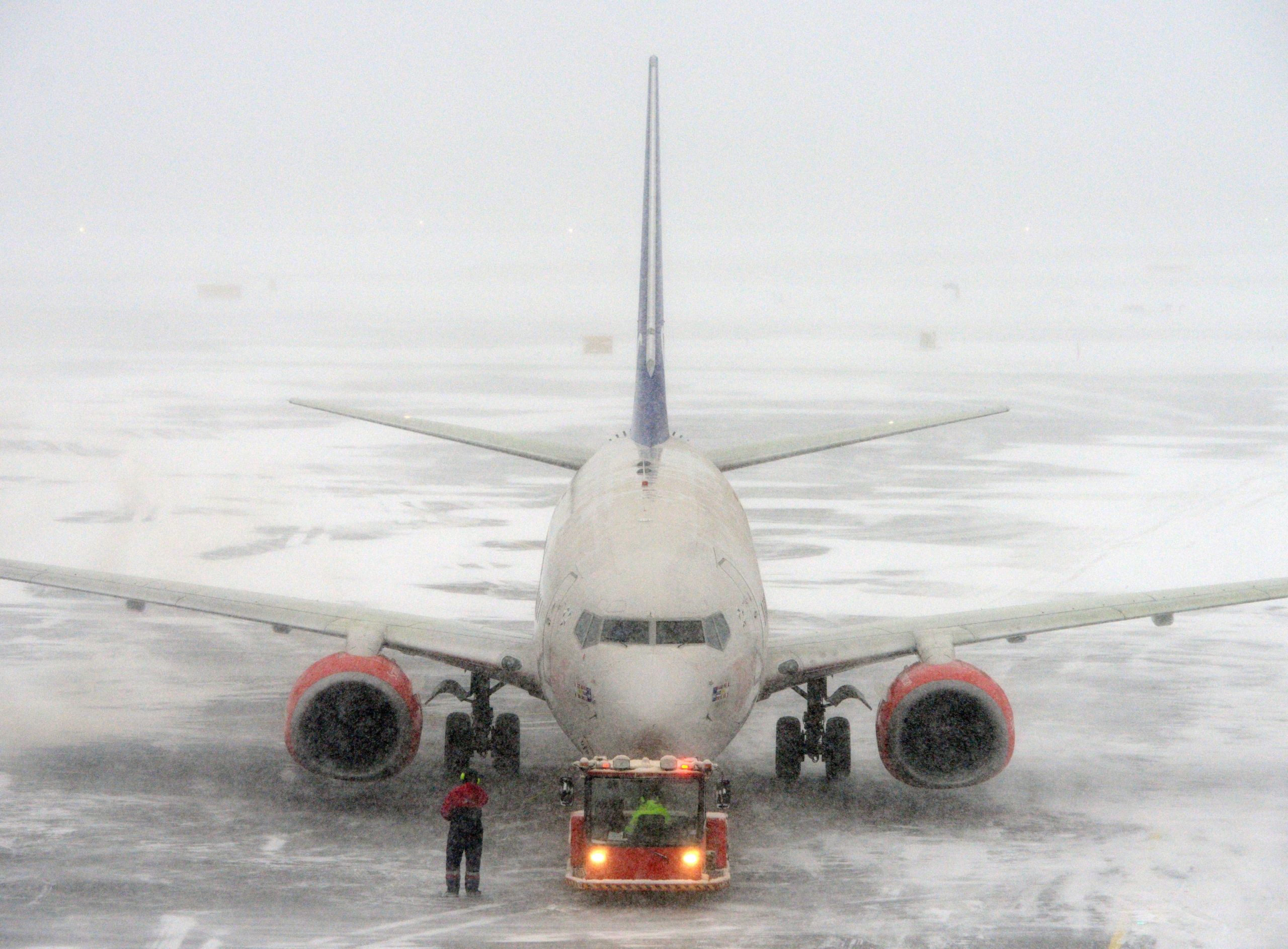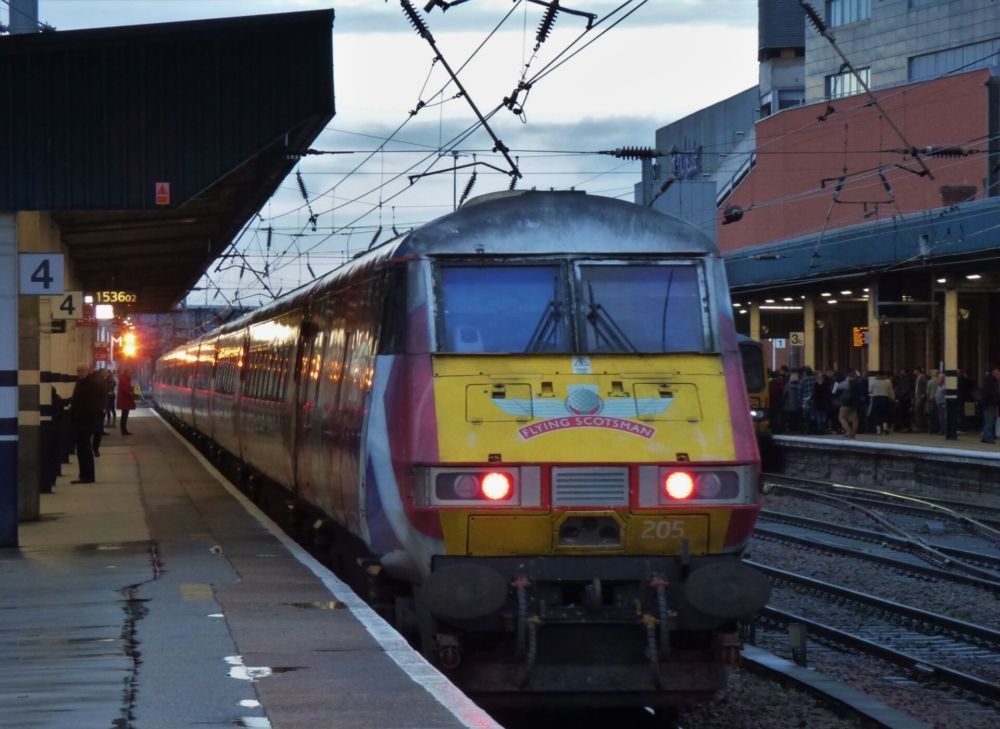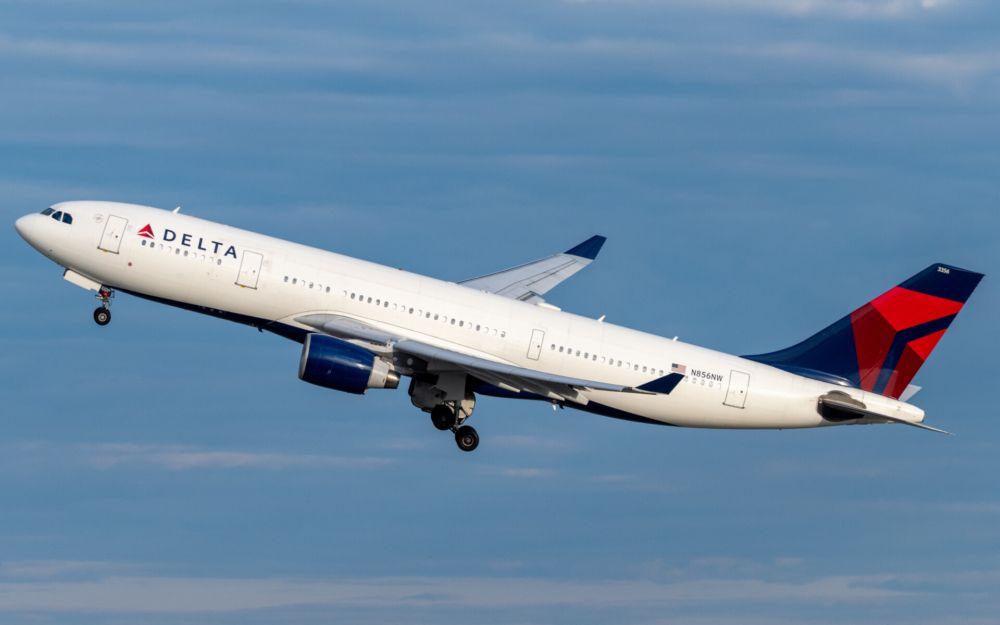The rapid spread of the Omicron variant of coronavirus is causing concerns at a busy time of year. The new strain has prompted countries to reintroduce stricter travel restrictions, casting doubts over many people's Christmas travel plans. Furthermore, airlines could face significant disruption if the spread of Omicron causes staff shortages.
Disruption in other sectors
The last two years have been an immense challenge for the airline industry. Carriers have tried to come to terms with the unpredictable market situation brought on by coronavirus. In the months leading up to Christmas, there had been signs of the beginning of a recovery. However, the spread of the new Omicron variant has prompted uncertainty once again.
Other sectors have already begun to experience disruption due to the new rise in case rates. For example, the BBC reports that 5.2% of UK train services have been canceled in the last week, compared to an average of 2.9%. Meanwhile, in Germany, Politico quotes the newly-elected Social Democratic Chancellor, Olaf Scholz, as stating that:
"We are calling on all our critical infrastructure organizations, above all the fire brigade, police, rescue services, and hospitals, to activate their pandemic plans so that they can keep their core services running."
Airlines looking to mitigate the impact
The last thing that airlines need at what is already a busy time of year is an operational meltdown owing to staff shortages amid the increasing case rates. Such issues have already plagued US carriers like Spirit and Southwest several times this year. In the case of the latter, widespread cancelations cost the Dallas-based low-cost carrier $75 million.
As such, carriers are attempting to mitigate the new variant's impact by calling for shorter isolation periods if a vaccinated employee tests positive. According to Delta Air Lines, where 90% of employees are double-jabbed, halving the quarantine from ten to five days could be key in avoiding operational meltdowns. A letter signed by Delta CEO Ed Bastian states:
"Our employees represent an essential workforce to enable Americans who need to travel domestically and internationally. With the rapid spread of the Omicron variant, the 10-day isolation for those who are fully vaccinated may significantly impact our workforce and operations."
Stay informed: Sign up for our daily and weekly aviation news digests.
Mixed reactions from the airline industry
The rapid spread of the new Omicron variant has prompted mixed reactions from the world of commercial aviation. For example, IATA issued a warning on its impact on the industry's recovery, with United being particularly concerned about how it will affect transatlantic operations. On the other hand, ex-BA CEO Willie Walsh criticized the UK's decision to bring back its red list due to the new variant's spread, a move it recently reversed.
On the whole, it is fair to say that, under the current circumstances, Omicron could majorly impact airline operations in terms of staffing levels. Carriers need transparent discourse with regulatory bodies, in order to establish the best means of mitigating its threat. Whether they will do this with reduced isolation periods or other strategies remains uncertain.
What are your expectations regarding air travel over the holiday season? Have you already had to alter any travel plans? Let us know your thoughts in the comments.



